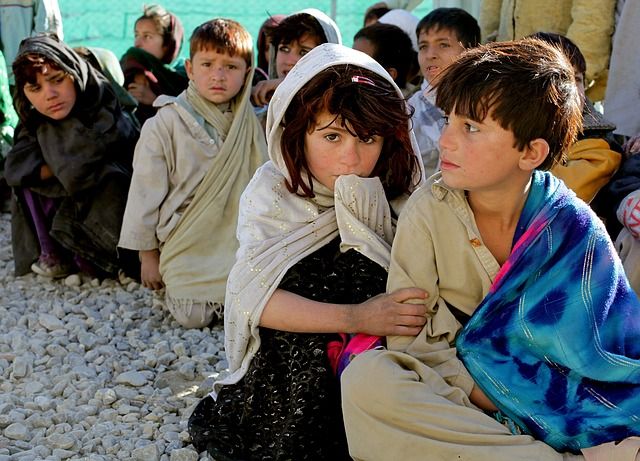Early Marriages in India: No Child’s Play – The Diplomat

Sixteen-year-old Arti Mukhia, a bright class eight student at a municipal school in Alwar, Rajasthan won’t be going back to school even when it reopens after the coronavirus restrictions have eased. During the lockdown, she was married off to a 30-year-old widowed shopkeeper.
“My family thought it was a good time for me to marry as my husband owns a grocery store and didn’t ask for any dowry. We had to spend very little on the wedding also due to the pandemic,” the teenager told this correspondent over phone from Alwar (her name has been changed at her request). “My mother says marriage is more important than education. No matter how many degrees I earn, ultimately I will end up running my household and rearing kids only.”
Arti has been conditioned to believe that education is of little help in improving the lot of the poor like her. So even though she would have rather continued school, if possible, she tied the knot with a man 14 years her senior without as much as a protest – even though marriage at her age is not legal.
India’s COVID-19 tally is the world’s third-highest. Now a toxic cocktail of the raging pandemic, rampant job losses during the lockdown, and the closure of schools for months has had a devastating impact on the lives and livelihoods of millions of poor.
It is also exacerbating social ills like early marriages. Childline, a toll-free emergency helpline for children funded by the government, has reported stopping 5,200 child marriages between March and May. Campaigners say thousands more nuptials are probably going undetected due to disruption in oversight mechanisms like those run by child rights organizations and the police. Vigilance is the key to prevention, but the virus has ripped away this safety net.
Read more here.

